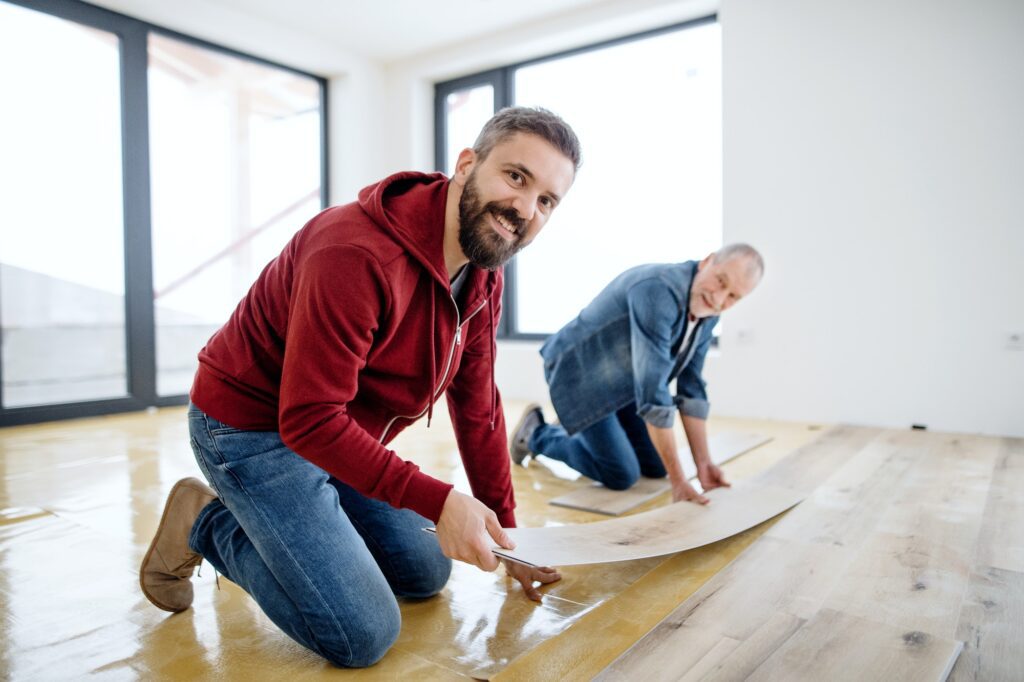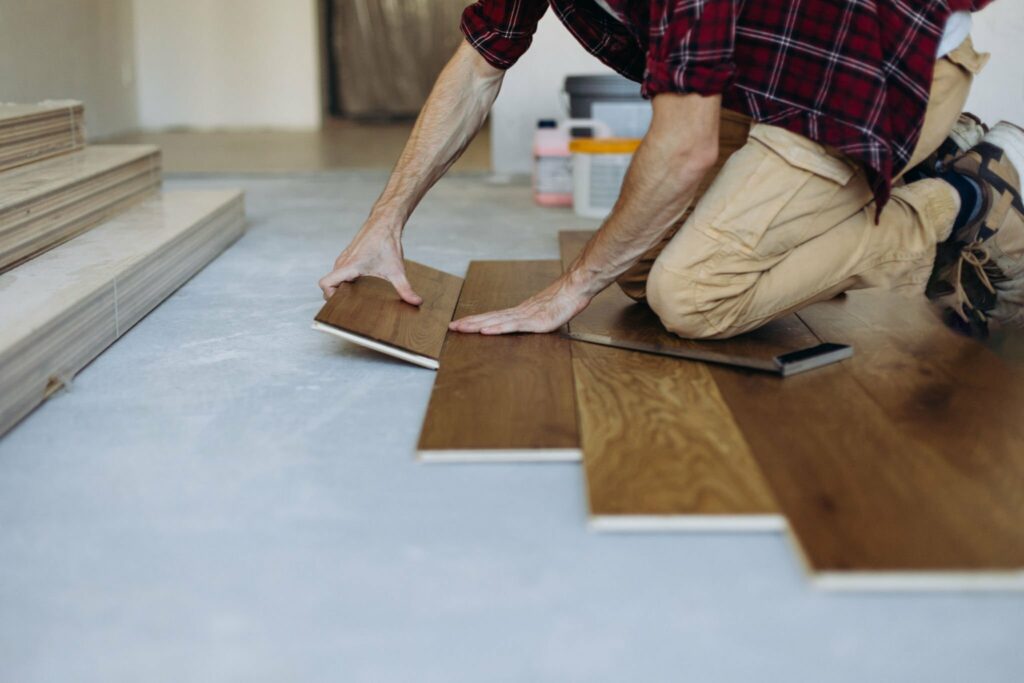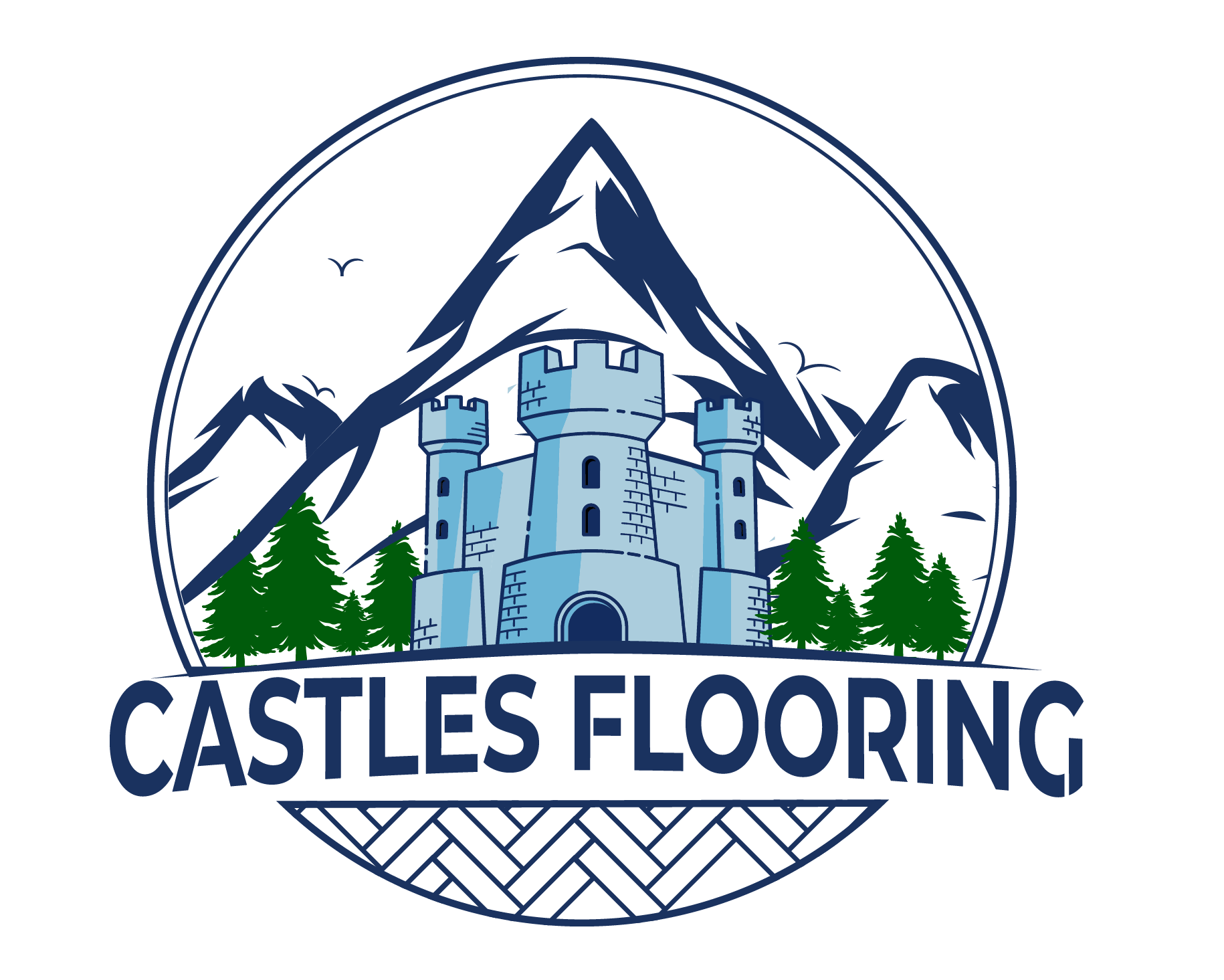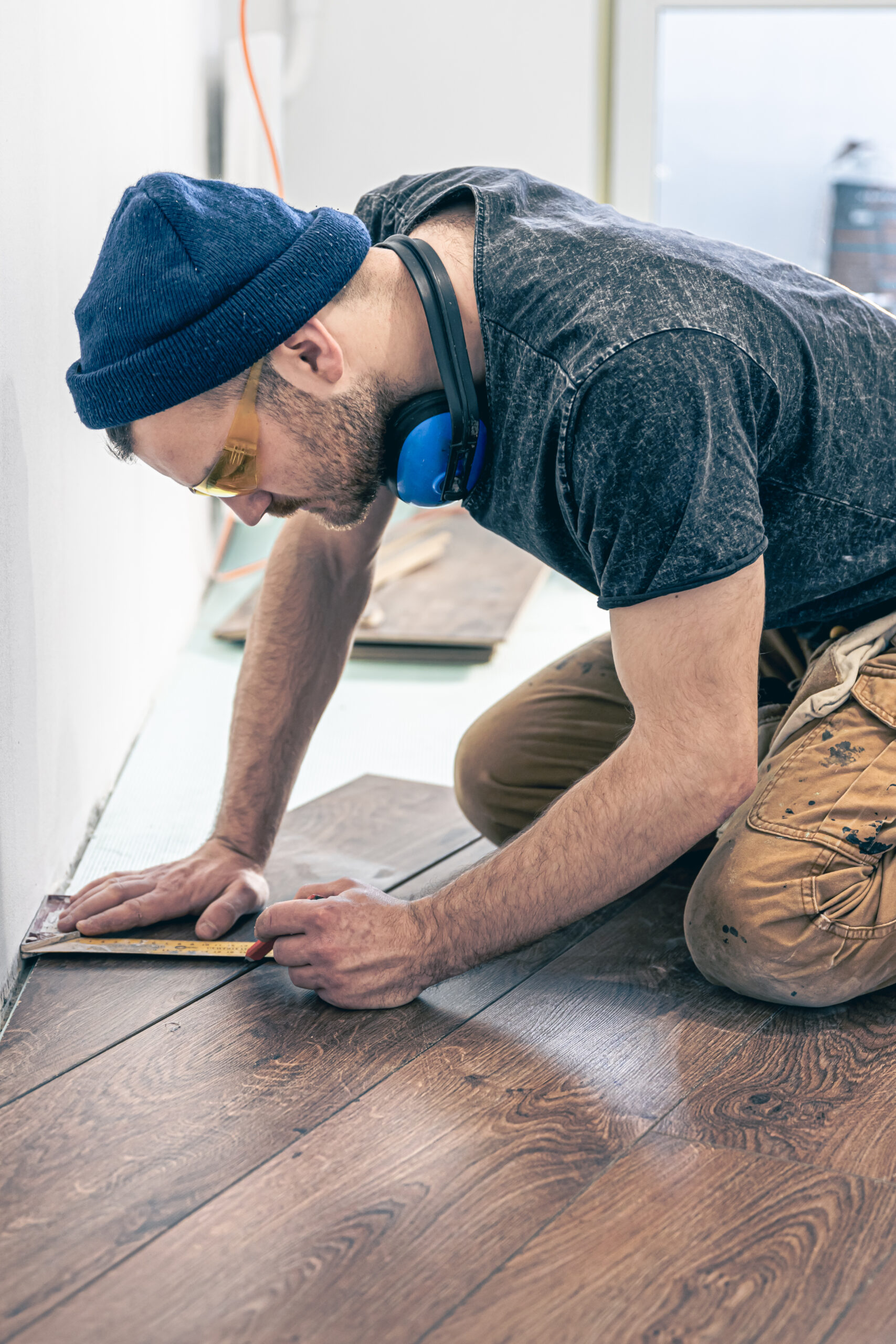Table of Contents
Flooring sets the tone for your entire home. With so many options available, homeowners often find themselves comparing Vinyl Vs Laminate Flooring. Both offer affordability, style variety, and easy installation—but they’re not the same. Your choice depends on where you’re installing the floor, your budget, and your lifestyle.
In this blog, we’ll provide a full Flooring Comparison between vinyl and laminate to help you decide which material fits your needs best. Whether you’re remodeling your living room or upgrading a basement, understanding the benefits and limitations of each can save you time and money.
What Is Vinyl Flooring?
Vinyl flooring is made from synthetic materials (typically PVC) and is known for its waterproof properties, versatility, and resilience. There are several types, including sheet vinyl, vinyl tiles, and luxury vinyl planks (LVP), with LVP being the most popular for residential projects.
Pros of Vinyl:
- Completely waterproof
- Great for high-moisture areas
- Soft underfoot
- Wide range of styles and colors
To learn more about professional Vinyl Flooring Installation, visit Castles Flooring’s installation page.
What Is Laminate Flooring?
Laminate flooring is composed of a fiberboard core layered with a photographic image and a protective wear layer. It replicates the look of wood and tile while offering excellent durability at a budget-friendly price.
Pros of Laminate:
- Scratch-resistant wear layer
- Feels more like real wood underfoot
- Easy to install with click-lock planks
- Rich visuals and Modern Flooring Styles
For detailed help selecting and installing laminate, check out this helpful laminate flooring guide.
Water Resistance & Durability
If you’re installing flooring in areas prone to moisture—like bathrooms, basements, or kitchens—Vinyl Flooring is the safer choice. It’s 100% waterproof and can withstand spills, humidity, and even standing water.
Laminate, while more water-resistant than it used to be, still contains a wood-based core. Extended exposure to moisture can cause warping or swelling, especially in cheaper products.
For high-moisture zones, Vinyl Vs Laminate Flooring isn’t much of a debate—vinyl clearly wins.
Appearance and Style
Both options mimic natural materials well, and recent advances in printing technology have blurred the visual differences between them.
- Laminate has deeper embossing and often appears more realistic in mimicking hardwood.
- Vinyl comes in diverse colors and patterns, including stone and wood looks.
If you’re aiming for Modern Flooring Styles, either material will meet your expectations—but laminate may provide more depth and realism.

Comfort and Acoustics
Laminate is thicker and generally installed over foam underlayment, offering a more solid, cushioned feel and better sound absorption. It’s ideal for upstairs rooms or areas where noise dampening is important.
Vinyl, especially thinner types, can feel harder underfoot unless padded LVP or an extra underlayment is added. However, its softness and flexibility make it easier on joints.
Maintenance and Cleaning
Both laminate and vinyl are low-maintenance. However, vinyl is easier to care for in wet environments.
- Vinyl: Sweep and mop with standard cleaning products.
- Laminate: Must be cleaned with damp—not wet—methods to avoid water damage.
Over time, the waterproof nature of vinyl makes it more forgiving to mishaps and better suited for homes with kids or pets.
Cost Breakdown
If you’re shopping for the Best Budget Flooring, both vinyl and laminate are solid contenders.
- Vinyl flooring typically costs $1.50–$6.00 per sq. ft., depending on quality and style.
- Laminate flooring ranges from $1.00–$5.00 per sq. ft.
Installation for both is similar in price, but Vinyl Flooring Installation may require more prep work in certain cases (especially for glue-down types). For homes that need moisture protection, vinyl may offer better long-term value even if the upfront price is slightly higher.
At Castles Flooring, we help clients evaluate flooring costs and choose the most cost-effective, stylish solutions for their homes.
Where Each Flooring Type Works Best
Vinyl Flooring is ideal for:
- Bathrooms
- Kitchens
- Laundry rooms
- Basements
- Homes with pets
Laminate Flooring is perfect for:
- Living rooms
- Bedrooms
- Hallways
- Home offices
Installation Considerations
Both laminate and vinyl can be installed as floating floors, meaning they don’t need to be glued or nailed down.
- Laminate uses a click-lock system and requires an underlayment.
- Vinyl can be installed as click-lock, glue-down, or peel-and-stick, depending on the type.
While many homeowners choose DIY, professional installation ensures better results. If you’re unsure about leveling your subfloor or cutting around tricky corners, call the experts at Castles Flooring.

Environmental Impact
Laminate is generally more eco-conscious due to its wood-based core and recyclable components. Many manufacturers now offer low-VOC, sustainably sourced laminate flooring.
Vinyl, made of synthetic materials, isn’t biodegradable. However, many newer vinyl products are FloorScore certified for indoor air quality and low VOCs.
Long-Term Value and Resale
Laminate may have a slight edge in perceived value among homebuyers, especially when installed in visible areas like living rooms. However, premium vinyl flooring is also gaining favor for its durability, low maintenance, and waterproof nature.
For resale, the quality of installation and overall condition matter more than material alone.
Which One Should You Choose?
When it comes to Vinyl Vs Laminate Flooring, your decision comes down to:
|
Factor |
Best Choice |
|
Water Resistance |
Vinyl |
|
Realistic Wood Look |
Laminate |
|
Comfort |
Laminate |
|
Budget |
Tie |
|
Durability |
Tie |
|
Eco-Friendliness |
Laminate |
|
Moisture-Prone Rooms |
Vinyl |
If you want an all-around performer for every room—including wet areas—vinyl may be the better fit. But if you want a stylish, rigid floor with excellent comfort and scratch resistance, laminate is a great option.
Ultimately, the best flooring depends on your space, lifestyle, and design goals. For the best results, consult with local flooring professionals who can evaluate your home and suggest the most suitable material.
Need help choosing the best material for your space? Contact Castles Flooring for personalized recommendations and professional installation services.
Let the experts at Castles Flooring help you decide between vinyl and laminate.




